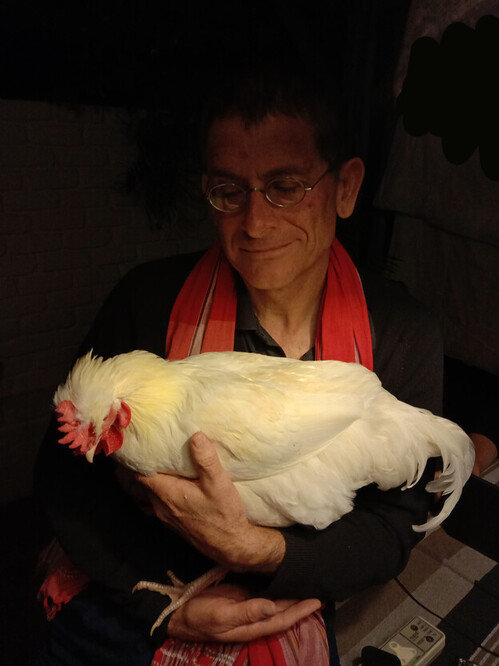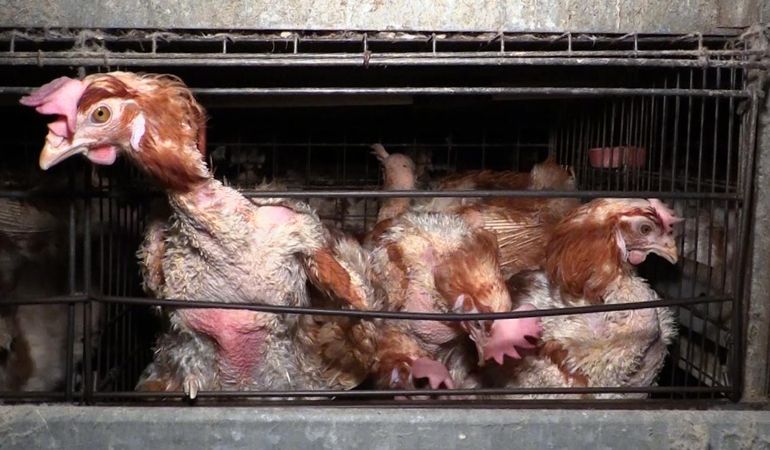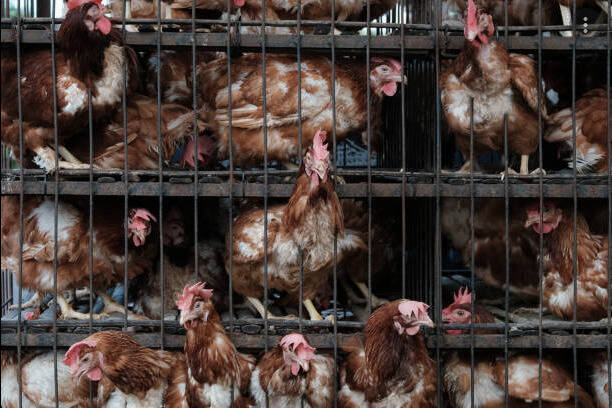
Thirty-four years ago 1 I had an unpleasant experience which I seem unable to forget. Reflecting over the ensuing years, it may be that the experience had lasting impact. Perhaps it's time to write about it.
I was a member of a Christian youth group. It was a good group. We were energetic, exuberant, earnest, and fun.
Some of us went on a Christian mission trip to Gaberone, Botswana. As we approached our destination in Gaberone, with our loaded minivan bouncing at speed over soft sand road, I looked out the windows and was sad to see the front legs of all donkeys tied, preventing them from walking. Only intermittent hopping is allowed for donkeys, I supposed. Little did I realise that this sadness was just the beginning.
Our final destination was a commercial farm. Our bouncing minivan soft-landed. The owner of the farm was an ex-South African. In gesture and tone she exuded no-nonsense. She greeted us. We all joined hands, closed our eyes, and gave thanks to our Lord for the safe journey from South Africa. It was comforting to bear witness to God's protecting hand upon us for this important mission work. Yes, us South Africans helping spread His Love to the lost peoples of Botswana.
We unpacked our luggage from the minivan. I was especially careful with my guitar because it was my hallowed instrument of worship. Our host passed around glasses of Oros-sweetened orange juice (Yes, I remember that little detail). Then she led us away to one of her many barns.
She unlocked the locked barn door. Once inside, we ambled slowly along, trying to ignore the intense olfactory insults. Like a practiced tour guide, the farmer described the scene, spouting words for sentences in quick and facile succession. She explained that the hens were the micro-engines of success at work here. As de-animated, unconscious and mechanistic engines, the hens made mass production happen here en-mass.
I saw thousands of egg-laying hens, all packed tightly together under the hot sun-baked galvanised iron roof. They were placed in tiny wire cages with a sloped wire mesh floor, two hens per cage. Each cage was so small that one hen was forced to sit partly on the other's back. Neither could stand up straight because the cages were too short.
The hens were constantly competing for space. Incessantly. Every fourth hen or so had no feathers. Many were bloodied from peck wounds even though their beaks had been cut. And many others were just lying there, moribund, limp but alive. This was repeated over and over, in an efficient and systematic array, by the thousands. Micro-engines of mass production, right there.
The barn tour ended. We exited the barn. The door was shut. And it stayed shut.
But the farmer's lounge door was open, wide and bright. And we gathered there for a prayer and worship meeting. I strummed C-maj-7th/F-maj-7th chord sequences on my guitar, as our mode of prayer shifted gradually and predictably into a mode of worship. Once again, this was familiar to me. This was nice.
But I felt numb. That barn experience was horrible. For a time, I felt ashamed to be human. I felt ashamed to be a religious believer. How could I play a sweet seductive guitar in worship of an alleged Loving God, when no less than 50 meters away, a scene of extreme suffering and torture was playing out, without end? Orchestrated, deliberate, and on a grand scale, by my own kind. And all without any injunction from my Loving God.
Is this the meaning of our God-given stewardship over animals, I wondered?
The ineluctable evidence is clear: all our fellow animals feel pain; many experience familial kinship; most have memory and memories; and some have powerful maternal instinct. It therefore cannot be ethically acceptable that this treatment of our fellow sentient Earth dwellers is considered OK, simply because we've always eaten them, or because we've always treated them this way, or because our alleged loving gods are silent.
I am grateful to us all that organised and Protestant-sanctioned (in part) slavery is gone. That women are increasingly treated as equal to men, and men to women. That gays are not regarded as sinful for being gay. That different people groups are increasingly treated equally. That violence is declining,[1] and so on. I am especially grateful to myself that I am no longer a religious believer. And I am grateful that slowly but surely, the existential liberty of our fellow animals is gaining some spotlight.
Our ethical contours are leading us away from regarding our fellow animals as mere objects of utility, as little more than little living engines of mass-production. More and more, we are seeing them as creatures who are sentient, who feel pain, have emotions (at different levels), and who have desires. Sometimes much like us. Sometimes just like us.


Download PDF micro-engines-of-mass-production.pdf (341 KB)